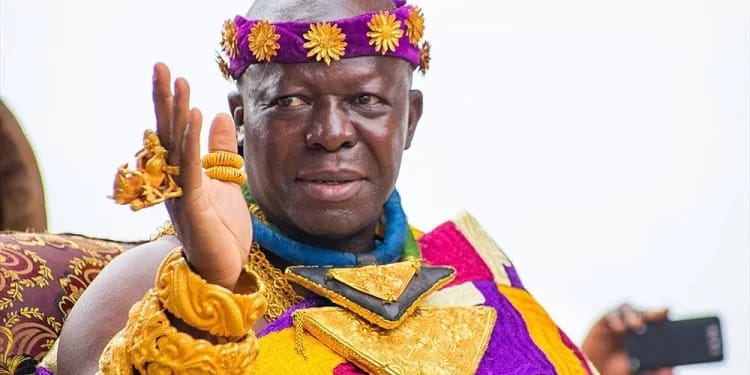A law lecturer at the University of Ghana, Prof Kwadwo Appiagyei-Attuah, has criticised the Ministry of Finance (MoF) for what he describes as ‘speculative’ comments regarding the potential implications of the Anti-Gay Bill.
He also expressed disappointment at the Ministry’s attempt to leverage the World Bank to advocate for gay rights.
The Ministry of Finance has urged President Nana Addo Dankwa Akufo-Addo not to approve the recently passed anti-LGBTQ bill by Parliament. In a press release issued on March 4, the Ministry warned that the bill’s approval could lead to significant financial consequences for Ghana.
The Ministry’s statement estimates that Ghana could lose a substantial amount of World Bank financing, potentially amounting to a loss of USD$3.8 billion over the next five to six years. The projected impact for 2024 includes a loss of USD$600 million in budget support and USD$250 million for the Financial Stability Fund, which could negatively affect Ghana’s foreign exchange reserves and exchange rate stability.
Prof Appiagyei-Attuah argued that the World Bank had provided grants to countries with serious human rights violations.
He also pointed out that the United Nations Human Rights Council, in their 2016 resolution, stated that developed countries cannot use force or economic pressure to compel developing countries to adopt LGBT policies that may conflict with their beliefs.
“The Ministry was engaging in speculations because anytime you go to the World Bank and so on, it’s an agreement. The World Bank and IMF have articles of agreement that exist between members of both institutions. And so, if you look at the position of the World Bank, generally the World Bank has not been identified as very proactive when it comes to human rights.
“In fact, it [World Bank]t has given grants to countries where there are serious human rights violations or there are some projects they have financed which has resulted in serious human rights violations. So, using them as a front in the LGBTQ promotion is very unfortunate.”
“The UN Human Rights Council in 2016 in their resolution made it clear that the developed countries cannot use economic pressures or force to coerce developing countries to adopt LGBT policies which may conflict with some of their cultural beliefs and so on.
“But the same resolution was emphatic and clear that whichever position a country takes it should recognise that there are some rights that should not be violated,” he stated.
























































![[FREE FREE MONEY] Predict and Win a Guaranteed GH¢200 From Us EVERY WEEK](https://wordpress.ghanatalksradio.com/wp-content/uploads/2022/02/Predict-and-Win-Final-09-03-2021-218x150.jpg)
![[Predict & Win – 8th/Oct.] WIN A Guaranteed ¢200 From Us This Week](https://wordpress.ghanatalksradio.com/wp-content/uploads/2021/10/maxresdefault-16-218x150.jpg)
![[Predict & Win – 2nd] WIN A Guaranteed ¢200 From Us This Week](https://wordpress.ghanatalksradio.com/wp-content/uploads/2021/09/maxresdefault-50-218x150.jpg)
![[Predict & Win – 25th] WIN A Guaranteed ¢200 From Us This Week](https://wordpress.ghanatalksradio.com/wp-content/uploads/2021/09/maxresdefault-36-218x150.jpg)
![[Predict & Win – 18th] WIN A Guaranteed ¢200 From Us This Week](https://wordpress.ghanatalksradio.com/wp-content/uploads/2021/09/maxresdefault-23-218x150.jpg)







![[National cathedral] See full list of churches that have contributed since 2018](https://wordpress.ghanatalksradio.com/wp-content/uploads/2020/09/Ghana-National-Cathedral-GhanaTalksRadio-100x70.jpg)



